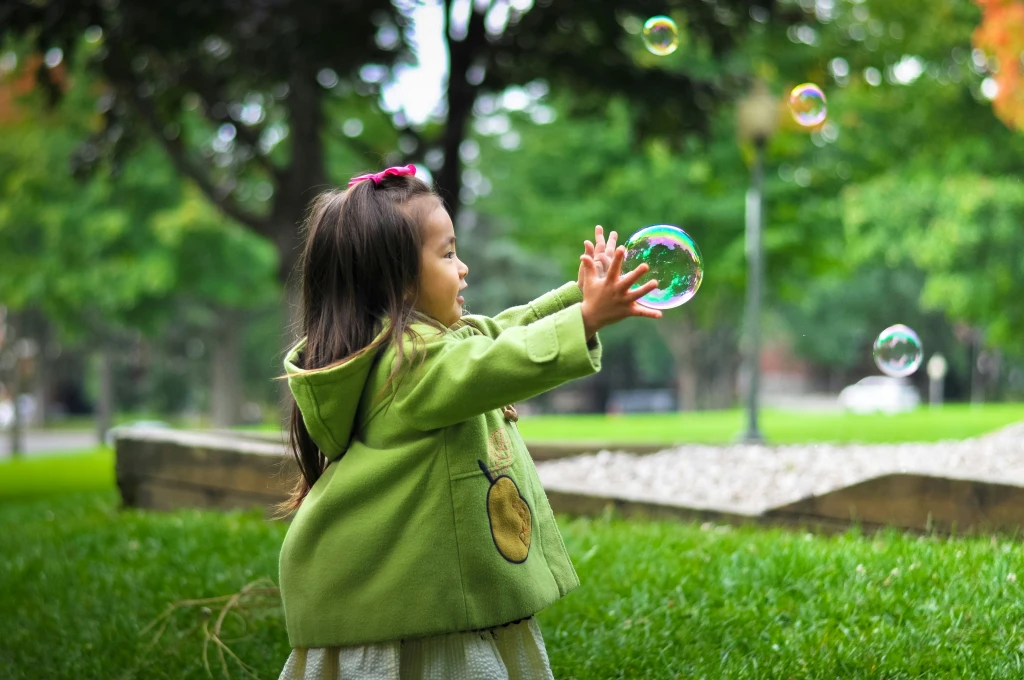Hi, friends. If you’re wondering about the title, don’t worry; this article isn’t a postmodernist assertion that reality is actually subjective, though people do say “perception is reality.” In this post, I’m meditating on a point from The Screwtape Letters by C.S. Lewis and applying it in a couple different ways.
One of the last letters in The Screwtape Letters explores how confronting evil affects people’s views about religion. Essentially, Screwtape writes that when people experience horrific events and/or witness true evil, such as in war, they tend to decide that religion must be fantasy while what they are seeing is “reality.” He makes an interesting point that evil causes people to turn against God, yet the antithesis of evil–beauty, joy, bountiful blessings–doesn’t necessarily have the equal and opposite effect of filling people with assurance about God.
I speculate on a few different reasons for these reactions:
- We are more faithful on a mountain top than in a valley. [Not always–just 99% of the time.]
- We tend to blame God for bad things while crediting ourselves for good things.
- Any experience which causes trauma will make everything ordinary pale in comparison. [Faith is only ordinary when it’s half-baked, but that’s another subject.]
- When life is good, we’re happy, but when life is bad, we’re really miserable. [At least in privileged Western countries where we expect to be happy most of the time.]
- We ask why bad things happen if there is a creator–a just, loving God at that.
Combining these reasons, it seems perfectly logical to me that a person who experiences scarring trauma would turn against religion–unfortunate, of course, but logical.
So, here’s the segue…
Shortly after reading the book, I grabbed lunch with my mom one day and noticed The Wendy Williams Show broadcasting on the TV. She was divulging the latest celebrity gossip. A train of thought popped into my head.

Isn’t it ironic that many regard subjects that are petty, fickle, and futile as “real” while deeming faith in something permanent as mythical?
A celebrity’s latest romantic relationship is real; a person’s relationship with God is mythical.
Social media buzz around the topic of the day is real; scripture that never changes is mythical.
Platitudes spoken at funerals bring people real comfort; the hope in life after death is a mythical crutch.
My definitions of “reality” and “real” don’t hinge on what is observable. Maybe…some things that we can’t see or can’t totally fathom are more “real” than the world around us.
The circumstances of society constantly change. The Word of God, on the other hand, doesn’t change.
Don’t get distracted into believing that the noise all around us is all there is–that “real life” is just the latest news…or, returning to my original premise, that the existence of evil means that religion is a fantasy.
God’s everlasting promises are “realer” than the arbitrary hierarchies we build on Earth.
The assurance of Jesus’ return as ultimate judge means that evil will someday be rectified.
Thanks for reading and God bless you!





Leave a comment